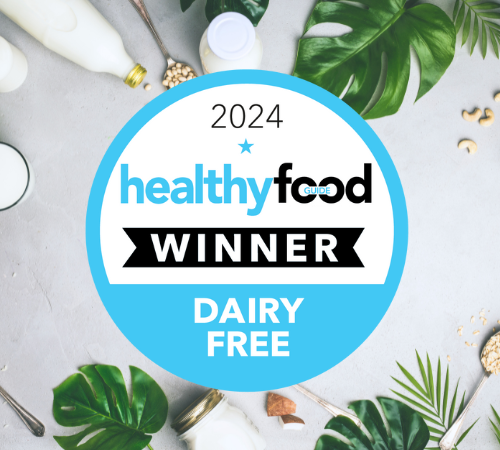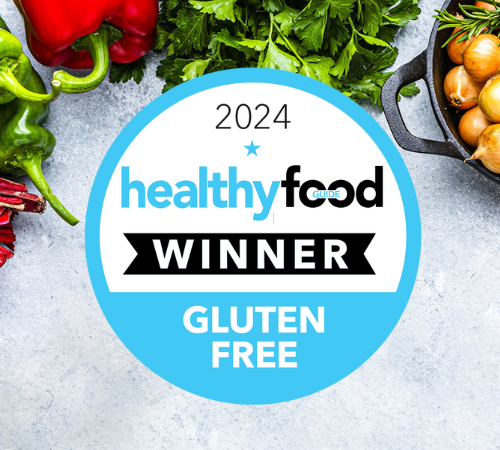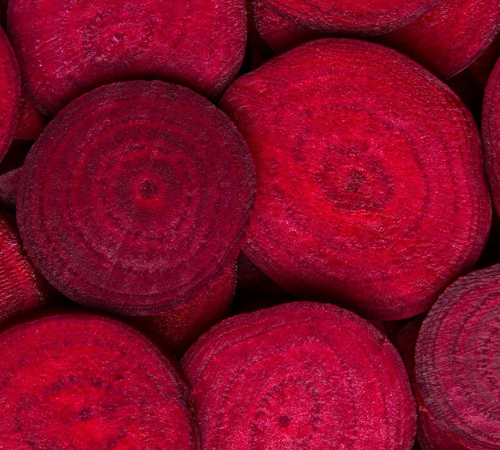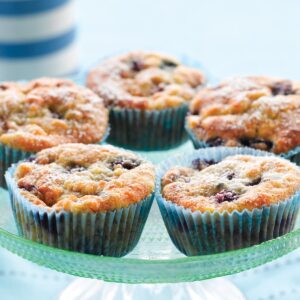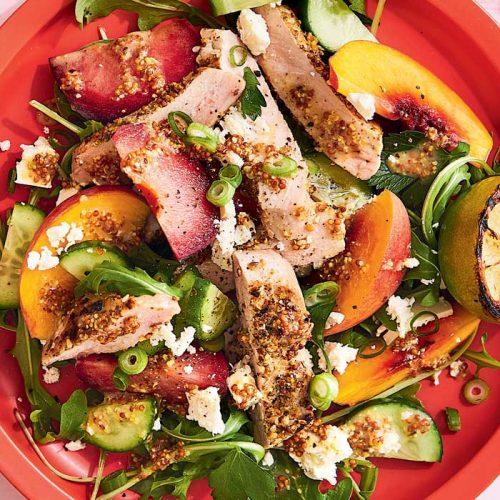
Dietitian Katrina Pace explains how to make informed choices when buying kombucha.
Everyone’s drinking this fermented tea, but there’s little science, so far, to back health claims. However, kombucha sales worldwide are growing rapidly, as evidenced by the explosion of products in supermarkets. It’s seen as a healthy and tasty alternative to fizzy drinks or alcohol, but how healthy is it really and what scientific evidence is there to back up the health claims? We investigate what to think about when buying kombucha.
Why buy kombucha
Many people choose to drink kombucha because of perceived health benefits. And while making your own kombucha is fun and easy, buying the fermented tea drink is more convenient.
Kombucha is a fermented drink made from black tea, sugar and a starter culture, called a SCOBY, which stands for symbiotic culture of bacteria and yeast. Fermented over seven to 10 days, the bacteria and yeasts feed on the sugar, growing in number and making a sour, fizzy drink. It’s these bacteria and yeasts that make kombucha such a popular functional food (with extra health benefits). The species of bacteria and yeasts, and the amount present in kombucha, are thought to be beneficial for our gut, which then has the potential to affect other areas of our health.
Kombucha also contains antioxidant polyphenols from the tea, several vitamins and minerals and other organic compounds that may be important in maintaining health.
One problem, however, is the clinical effects of kombucha have not been widely studied in humans.
A recent systematic review identified there are no published controlled studies investigating the effects of kombucha on human health, although there are case reports.
What’s in store-bought kombucha?
All kombucha is made with tea, sugar, water and a kombucha starter. Other common ingredients found in bought kombucha include:
- sweeteners: stevia (steviol glycosides), erythritol
- fruit juice
- probiotics
- carbon dioxide.
How much sugar is in kombucha
Sugar is an essential part of producing kombucha as, without it, the bacteria can’t grow. However, during fermentation, the amount of sugar in the liquid reduces as it’s eaten by the bacteria, making the final product low in sugar and sour to taste. The amount of sugar left in kombucha depends on how long it’s fermented for. Most bought kombucha contains 1g-5g sugar per 100ml. This is less than other fizzy drinks, such as organic ginger beer or Coca-Cola, with around 10g sugar per 100ml.
What are sweeteners doing in kombucha?
Many fermented foods have a strong sour flavour (think sour cream, yoghurt, pickles) and kombucha is no different. Many people aren’t used to, or don’t want, a sour drink, so manufacturers may add a sweetener to make the kombucha more palatable. Alternatively, they may not leave it as long to ferment, so more sugar (and sweetness) remains. What isn’t clear is how added sweeteners may affect the bacteria and yeast growing in kombucha. Stevia has antimicrobial properties that may affect the final product but, as yet, there is no research to confirm its effect as an additive in kombucha.
Fruit juices can be added as flavour or for sweetness, and carbon dioxide for a reliable amount of fizz, in the final product. Probiotics may be added to enhance the amount of probiotics in the kombucha.
What about the alcohol in kombucha?
Fermentation produces not only the fizz in kombucha but alcohol too. The longer the fermentation, the more alcohol tends to be produced. Researchers investigating US store-bought kombucha found the 18 products they analysed contained 1.1 per cent to 2.0 per cent alcohol by volume (ABV). In New Zealand, drinks with greater than 0.5 per cent ABV are required to be labelled as alcoholic beverages. How the US products compare with kombucha made in New Zealand isn’t known.
Research has also shown that kombucha stored in the fridge and consumed as soon as possible has a lower alcohol content.
Unlabelled alcohol in kombucha is one reason we don’t recommend drinking kombucha if you’re pregnant or breastfeeding.
Brands to try
- Mama’s Brew Shop organic kombucha
- Good Buzz Brewing Co
- Kombucha King
- Kombucha Wonder Drink
- Holy Kombucha
- Health-Ade Organic Kombucha
- Wild Kombucha
- Humm Kombucha
- GT
Article sources and references
- Examination of the varied and changing ethanol content of commercial kombucha products. Food Analytical Methods 10:4062-7https://www.researchgate.net/publication/318238488_Examination_of_the_Varied_and_Changing_Ethanol_Content_of_Commercial_Kombucha_Products
- Kapp JM & Sumner W. 2018. Kombucha: A systematic review of the empirical evidence of human health benefit. Annals of Epidemiology, online November 2018. Accessed January 2019https://www.researchgate.net/publication/328862847_Kombucha_A_Systematic_Review_of_the_Empirical_Evidence_of_Human_Health_Benefit
- w Zealand. 2015. Standard 2.7.1: Labelling of Alcoholic Beverages and Food Containing Alcohol – Food Standards (Proposal P1025 – Code Revision) Variation – Australia New Zealand Food Standards Code – Amendment No. 154. New Zealand Gazette 49https://gazette.govt.nz/notice/id/2015-gs1908
- Fallah SM et al. 2017. Antibacterial effects of Stevia rebaudiana Bertoni extract on pathogenic bacteria and food spoilage. Journal of Food Biosciences and Technology 7:57-64http://jfbt.srbiau.ac.ir/article_9613.html
www.healthyfood.com



